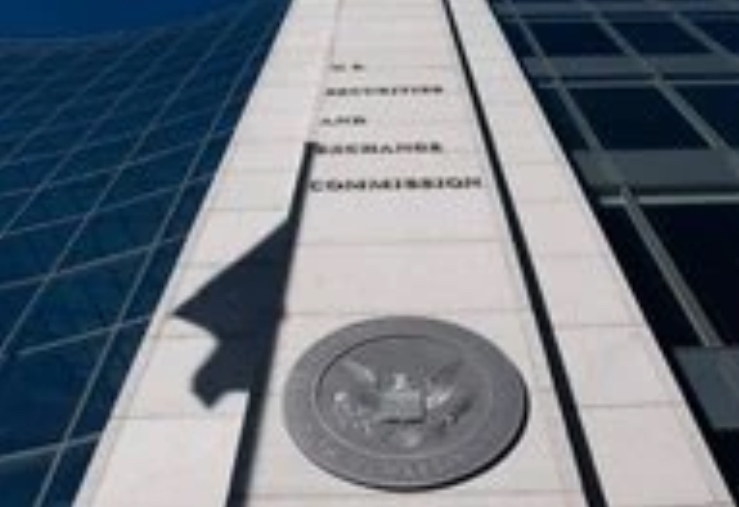Judge Shelby criticized SEC’s use of agency status to justify actions, causing disruption with inaccuracies and falsehoods.
On Monday, U.S. District Judge Robert Shelby levied sanctions against the Securities and Exchange Commission (SEC) in response to accusations of serious misconduct in the legal action against Utah-based cryptocurrency firm DEBT Box.
The decision comes after the judge determined that the SEC had committed a “gross abuse of power” in its handling of the case.
SEC Slammed with Sanctions
The case got widespread attention after the defendants accused the SEC of misrepresenting key facts to obtain a temporary restraining order freezing assets on the crypto platform.
U.S. District Judge Robert Shelby ordered the SEC to explain its actions after lawyers for DEBT Box raised concerns about the agency’s conduct. Subsequently, the agency admitted to errors but urged the judge not to issue formal punishment.
However, in Monday’s decision, Judge Shelby rejected the SEC’s request and highlighted multiple instances of “bad faith” conduct. He held the agency accountable for its actions, stating that it had “substantially undermined the integrity of these proceedings and the judicial process.”
Shelby’s 80-page filing imposed sanctions on the SEC, requiring the agency to cover DEBT Box’s attorneys’ fees and costs related to the restraining order. The judge rejected the regulator’s motion to dismiss the lawsuit without prejudice, which would have allowed the agency to refile the lawsuit at a later date.
DEBT Box faced legal action from the SEC in July for allegedly defrauding investors of nearly $50 million through the sale of unregistered securities.
The watchdog’s move included a request for an ex parte temporary restraining order, typically reserved for cases where there’s a risk of evidence destruction or flight from the country. This was after the SEC claimed DEBT Box was closing bank accounts and planning to leave the U.S.
Judge Shelby Questions SEC’s Integrity
Initially granting the SEC’s request, Judge Shelby later questioned the agency’s information accuracy, prompting a call for evidence. In December, the regulator admitted errors, with enforcement chief Gurbir Grewal apologizing for the oversight.
However, the agency sought to avoid sanctions, arguing against bad faith conduct. In January, the SEC moved to dismiss the case, maintaining sanctions weren’t appropriate.
In his ruling, Judge Shelby criticized the SEC’s reliance on its federal agency status to justify its actions, particularly in seeking the restraining order. Shelby expressed concern that granting the initial order disrupted lives. He also noted that the SEC not only reiterated factual inaccuracies but introduced new falsehoods in subsequent representations to the court.
Shelby emphasized that these issues couldn’t be dismissed as mere unintentional errors. He concluded that the SEC’s legal team made deliberate strategic choices to present false information, knowing it would not be able to secure the restraining order and asset freeze otherwise.

